১০ ফাল্গুন ১৪৩২
Various Challenges in Organizing Referendum
08 October 2025 19:10 PM
NEWS DESK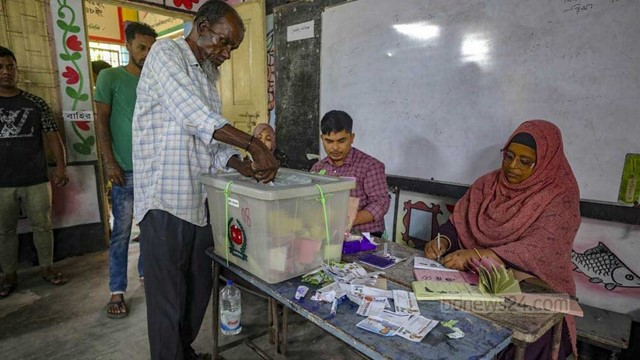
At the meeting of the National Consensus Commission held on 5 October, a certain consensus was reached among political parties on holding a referendum to implement the July Charter, according to media reports. As reported, BNP and NCP want the referendum to be held on the day of the national election, while Jamaat-e-Islami prefers it to be held before the election.
The parties believe that this agreement on the referendum will establish a legal basis for implementing the July Charter. But is it at all possible to hold such a referendum within the current constitutional and legal framework?
A referendum is a democratic process through which the people directly express their opinion on a matter of national importance. Instead of the parliament or the government, citizens themselves get the opportunity to make a decision. Since independence, Bangladesh has held three referendums so far.
After the assassination of President Sheikh Mujibur Rahman on 15 August 1975, political instability gripped the country. Following a series of coups and counter-coups, General Ziaur Rahman assumed office as President in 1977. To gain political legitimacy and demonstrate public confidence in his leadership, he announced a referendum.
The referendum, held on 30 May 1977, asked the question: “Do you have confidence in the policies and programmes announced by President Ziaur Rahman?” Voters were given two options—“Yes” and “No.” According to the official announcement, voter turnout was about 88 per cent. Of these, 98.87 percent voted “Yes,” while about 1.13 percent voted “No.”
The second referendum was held on 21 March 1985, during the rule of military leader Hussain Muhammad Ershad. The purpose of this referendum was to demonstrate public confidence in Ershad’s military regime. According to Election Commission data, voter turnout was about 72 per cent, and 94.5 per cent of voters cast their votes in favour of Ershad.
The third referendum was a constitutional one, held on 15 September 1991. Voters were asked: “Should the President give assent to the Constitution (Twelfth Amendment) Bill, 1991 of the People’s Republic of Bangladesh?”
The objective of this referendum was to restore the parliamentary form of government. Under this system, the President remains the head of state, while the Prime Minister becomes the head of government. The Twelfth Amendment also proposed abolishing the post of Vice President and stipulated that the President be elected by Parliament. According to the Election Commission, about 84 per cent of voters participated in this referendum, and 88.5 percent voted in favour of the parliamentary system. It was through this referendum that Bangladesh reverted to a parliamentary form of government.
An analysis of these three referendums shows that each was held on an issue for which the relevant political process had already begun. When the 1977 referendum on public confidence in the President was held, Ziaur Rahman was already serving as President. General Ershad was likewise in office during the 1985 referendum. The 1991 constitutional referendum took place after the Twelfth Amendment Bill had been passed by Parliament but before it received presidential approval.
During Sheikh Hasina’s tenure, extensive amendments were made to the Constitution through the Fifteenth Amendment. Among them, Article 142 was amended to abolish the provision for holding referendums. Before this amendment, Article 142 required a referendum to amend the Preamble, Articles 8, 48, 56, and Article 142 itself.
This raises a critical question: since the current Constitution contains no provision for referendums, under what legal authority could one now be held? And could a referendum be used to create a binding legal obligation to give constitutional or legal recognition to a political consensus meant to take effect in the future? Or would such a proposed referendum merely serve as an expression of political agreement?
Two points are worth considering here. Last year, Badiul Alam Majumdar, Secretary of SHUJAN (Citizens for Good Governance), filed a writ petition in the Supreme Court’s High Court Division challenging the Fifteenth Amendment. Several political parties, including the BNP and Jamaat-e-Islami, joined the hearing as interveners and petitioned for the annulment of the entire Fifteenth Amendment.
On 17 December 2024, in its verdict, the High Court ruled—among other things—that Article 142, which had been omitted by the Fifteenth Amendment, should be reinstated. If it is assumed that the High Court’s verdict took immediate effect, then a referendum as outlined in Article 142 could be considered lawful. However, the question arises: following the High Court’s verdict, would Article 142 be directly reinstated into the Constitution, or would Parliament still need to amend the Constitution in light of the court’s judgment?
In Bangladesh’s constitutional history, there are precedents where Parliament made the necessary amendments following a court verdict. Since there is currently no sitting Parliament, it is not possible to amend the Constitution now. Any such amendment would have to be made by the next Parliament.
Another point must also be taken into consideration. The High Court’s verdict on the Fifteenth Amendment was delivered only recently, and it cannot yet be considered final. This is because there remains the constitutional scope to appeal the verdict to the Appellate Division of the Supreme Court and, subsequently, to file a review petition.
In the present context, the implementation of the July Charter must proceed within the existing constitutional and legal framework. However, there is currently no legal provision for a referendum of the kind agreed upon by the political parties in the Consensus Commission. A referendum to implement the July Charter cannot be held lawfully under the Referendum Act, 1991, because that Act allows referendums only on bills already passed by Parliament.
In such a situation, the necessary amendments could be made to the 1991 law through an ordinance to enable the holding of a referendum. In that case, the Twelfth Amendment to the Constitution, as reaffirmed by the High Court’s verdict in December, would have to serve as the constitutional basis. If a decision is made to hold a referendum, it would also require amending the Representation of the People Order, 1972. Without these amendments to existing laws, conducting a referendum would not be legally valid.




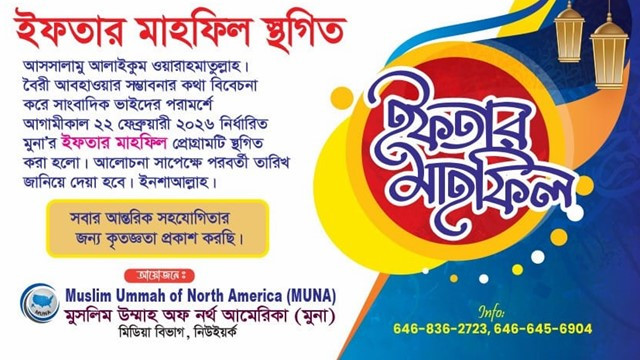
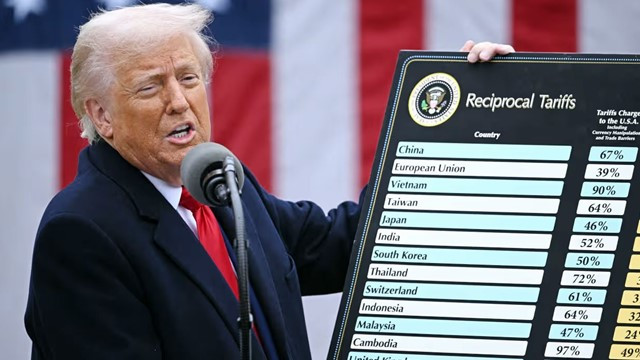
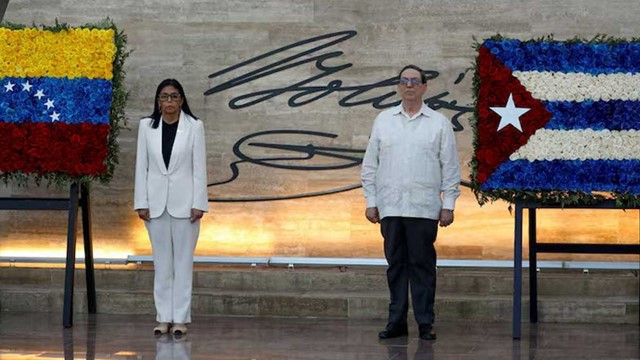

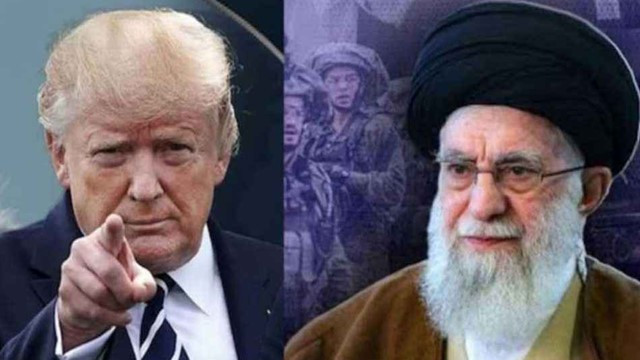
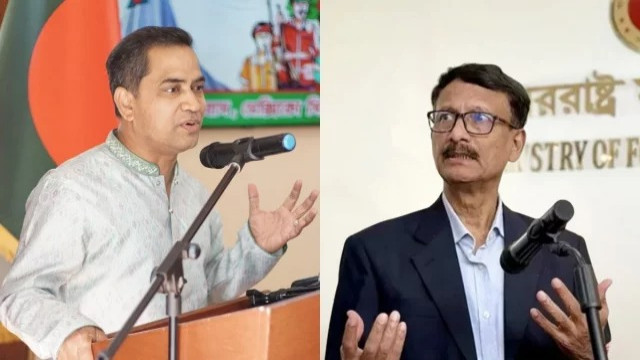
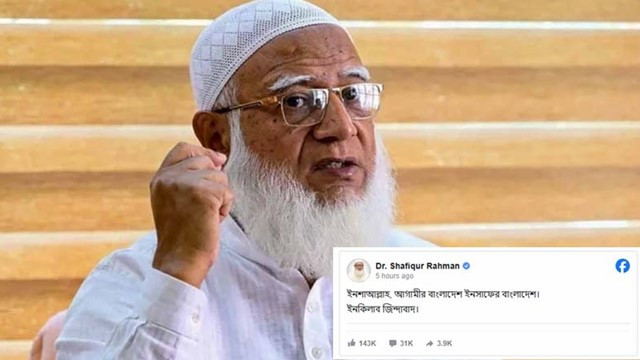

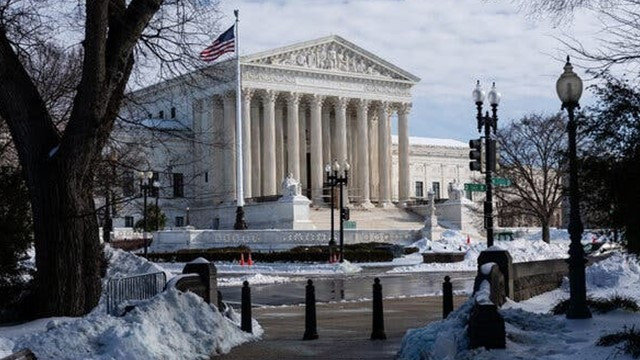
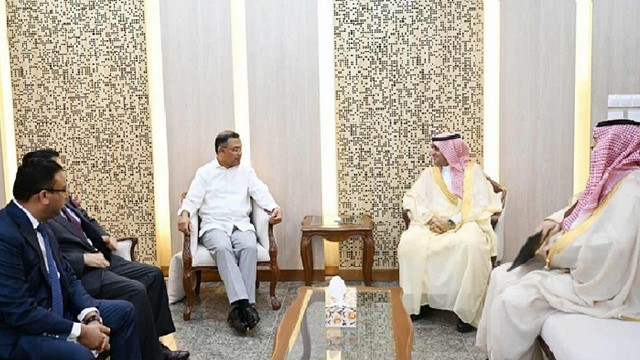

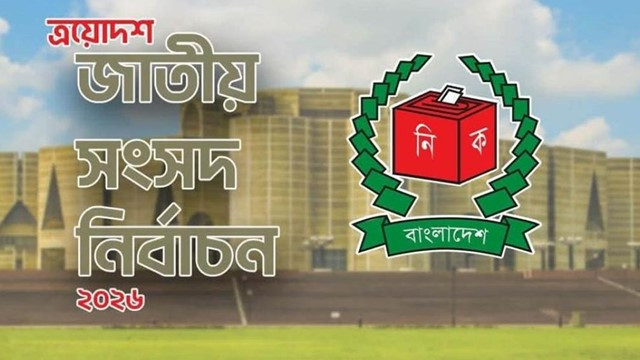
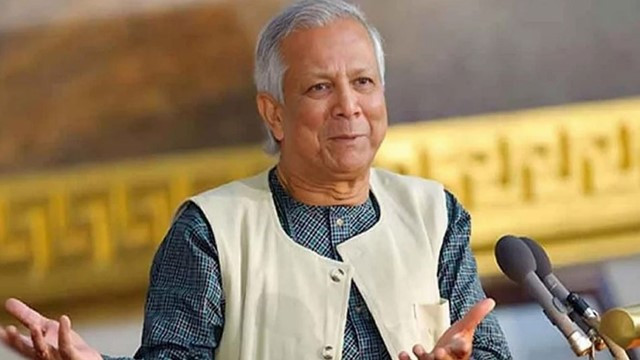
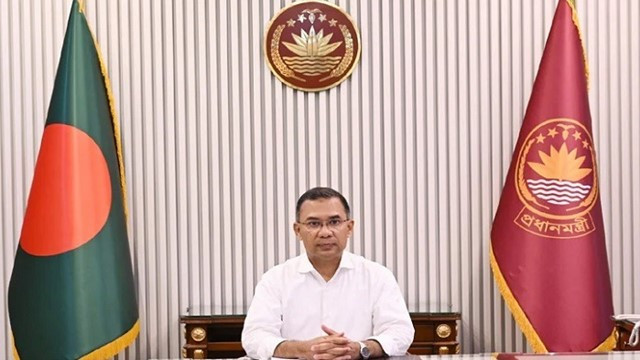
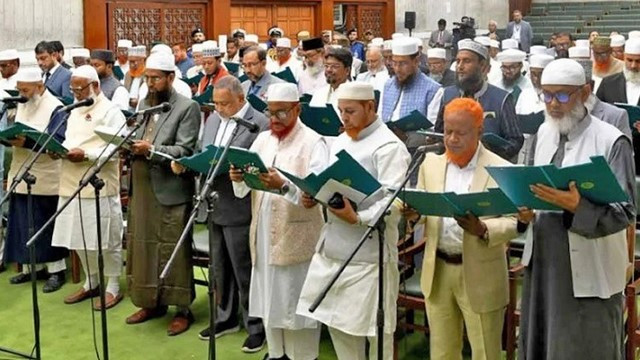
Comments Here: